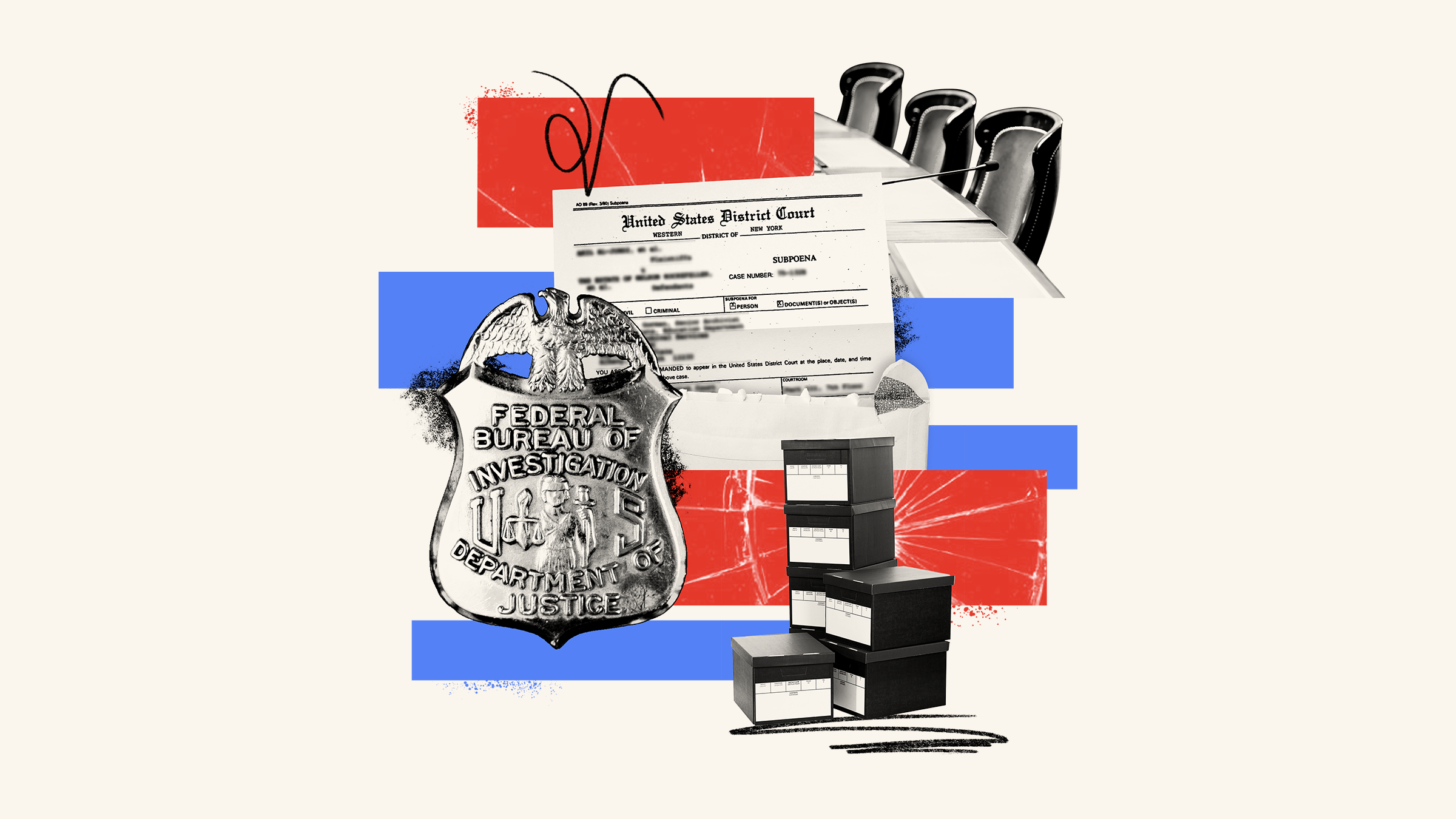Nonprofit primer: What if…your organization is subject to politicized executive actions?
- July 24, 2025

Why target civil society?
Understanding politicized executive actions in context
A healthy democracy protects space for people to debate ideas, organize to contest or advocate for policies, share information, and serve as a check on the government. American civil society — composed mostly of nonprofit organizations — is a key component of that civic space. We provide critical services to local communities; feed, house, and clothe the poor; support veterans; advocate for access to healthcare; protect children and the elderly; offer religious services; fight for clean air and water; and defend civil liberties and other core freedoms. And, importantly, we hold our leaders in government to account when they abuse their power.
Read this primer as a PDF Read this primer as a PDF
That’s precisely why the current administration — like autocratic regimes around the world — has targeted, and has indicated that they will continue to target, civil society through unlawful executive actions. The goal is to silence critics and sideline any organization that might serve as a check on executive branch power. The administration has already targeted civil servants, the legal profession, and universities. It’s all part of the authoritarian playbook.
It’s important not to lose sight of this bigger picture:
- These attacks are about censoring political opponents and critics of the government.
- They are also a power grab meant to eliminate checks on abuses of government power.
- The intention is to disrupt nonprofits from carrying out their lawful and mission-critical work.
- Targeting nonprofits hurts our communities and impedes the ability of nonpartisan organizations to provide much-needed services to the American people.
The path forward lies in organizations across the ideological spectrum calling these tactics out for what they are, forcefully pushing back, standing up collectively, and continuing their everyday, mission-oriented work. The concrete actions outlined below offer important insights on responding to these politicized actions, so you can feel more confident if you are targeted and continue to focus on meeting your mission.
What to do (and not do) if you’re targetedWhat to do (and not do) if you’re targeted
What if you are specifically targeted by a politicized executive action (including an executive order, federal agency investigation, etc.), think you may be covered by its terms, or are worried about becoming a target?
First, try not to panic!
Remaining calm is critical to making good decisions. Actions borne out of panic risk creating more problems for your organization.
Contact an attorney.
Second, it’s important to involve legal counsel as soon as possible to establish attorney-client privilege around communications and protect confidential information. If your organization has in-house counsel, they should be your first call. If not, contact an outside lawyer as soon as possible. It will be important to proceed carefully in any response to current or potential threats.
Continue your work.
Third, do not make major changes to how you operate — or cease operating altogether — unless and until you have a comprehensive plan.
Stay vigilant.
Finally, your response to politicized attacks by the executive branch should include protecting your organization against additional threats. If you are publicly targeted, your organization may also be the subject of malicious actors seeking to take advantage of perceived vulnerability to attempt phishing or other cyber attacks, as well as tactics like surreptitious recording of conversations or meetings.
General operating
Internal communications and document retention
Public communications
Security

Explore all primers in the Nonprofit investigations series.
These primers are designed to equip nonprofits navigating politicized government investigations.
READ MORELegal Disclaimer
This toolkit is not meant to, and does not, offer legal advice; nor should it be construed as legal advice on any specific facts or circumstances. The contents are intended for general information and educational purposes only, and should not be relied on as if it were advice about a particular fact situation. The distribution of this publication is not intended to create, and receipt of it does not constitute, an attorney-client relationship with Protect Democracy.
Please refer to our terms of use page for complete stipulations on the content and links presented on this site.
Related Content
Join Us.
Building a stronger, more resilient democracy is possible, but we can’t do it alone. Become part of the fight today.
Donate
Sign Up for Updates Sign Up for Updates
Explore Careers Explore Careers
How to Protect Democracy How to Protect Democracy



